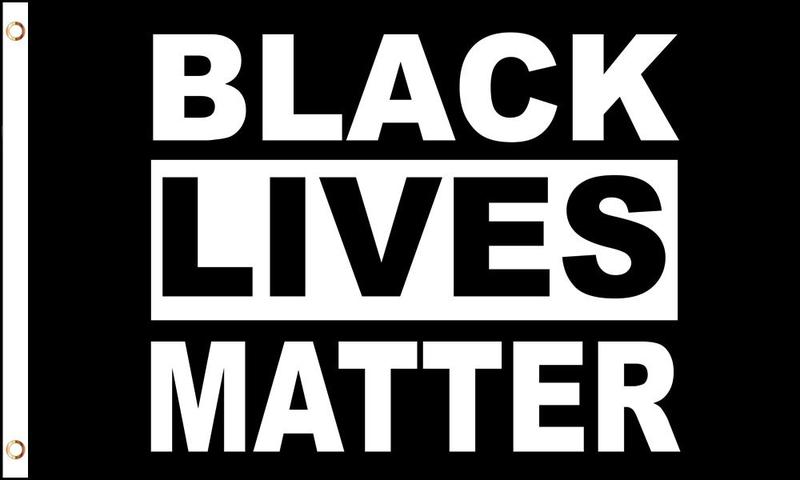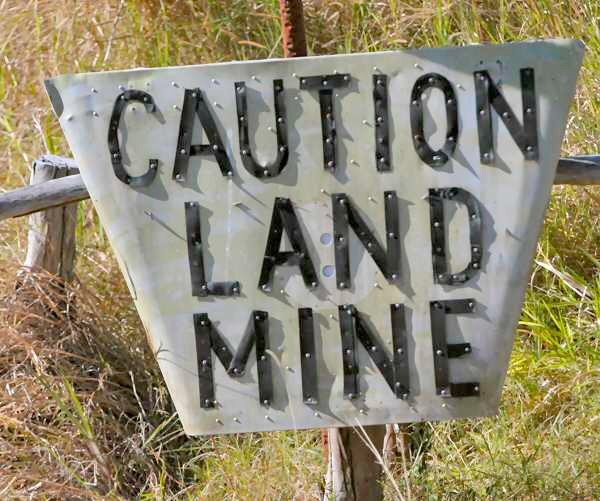
Considering enlisting in a branch of the US military?
I recommend asking the opinion of someone who:
- you respect the opinion of
- knows your individual capabilities and weaknesses
- will provide you with more than four minutes of their time
- possesses a modicum of first-hand knowledge about the topic
Then, this segment was reviewed by a producer who subsequently also failed to consider there would be millions of future viewers—ranging from those considering a job or career in the military, to those currently in the military, to those who are military retirees (of which I am one)—who might do what this show consistently prompts everyone to do: fact check.
Mr Pakman provides a rambling, sophomoric, list as to why people consider joining the military:
- See the world
- Work for your country
- Fill a need ("scratch an itch")
- Be around guns
- Desire infrastructure and/or discipline
Slow clap. You should be ashamed Mr Pakman. Your flippant attitude appears, to me, to be no more than a ineffectual veneer, attempting to hide your obvious disdain for all the people who chose, or will choose to join the military. If this is what you think, be a big enough person to say so! Don't hide behind your weak statements of, "...the US needs a volunteer military...don't have a draft...guess there must be some sane reason to join...".
You are—obviously—out of touch with all the members of your audience who choose a job in the military because they needed a job. Not many years after I joined, there was a TV ad which proclaimed, "Join the Army. It's not just a job, it's an adventure!"...that was just marketing; it was just a job.
If you want to learn some real reasons why people enlist in the military, keep reading.
- had never been employed non-seasonally, full-time
- were encouraged (or had no choice to) quickly: graduate, get a job, and find a place of their own
- would only qualify for entry-level/minimum-wage jobs (in 2018 that is $15K year)
- knew the approximate cost of basic needs (food, clothing, housing, insurance and transportation)
- witnessed their peers, and others in their community, failing to pay for those basic needs on that income
- listened to their military recruiter who promised:
- Three free meals a day in the mess hall
- Free uniforms
- Free bunk in the barracks / rack on the ship / cot on deployment
- Free medical care, free non-elective dental, free basic optical care
- Free military transportation
- Starting pay of a E1 is approximately $20K year (in 2018, after training)
There are hundreds of jobs that need to be performed in the military because almost every job available in the civilian world has a military counterpart. If there's no military counterpart, that job is now 100% contracted, or performed by DoD civilian employees.
Many soldiers, sailors, airmen, and (yes—even some) marines only see their assigned individual weapon (civilian term: gun) during marksmanship training and on operational deployments (civilian term: fighting in a war, becoming a member of a peace-keeping force, etc).
During my first years as a soldier, I did not hear anyone say they joined to: "see the world," nor to "work with guns," nor were they looking to bring "structure in their previously undisciplined lives".
To be fair to Mr Pakman, later in my career, I had occasion to converse with members of the US Special Forces, Army Rangers, and Navy Seals and some expressed a desire to "go hunting," and used many other more colorful words to describe killing human beings. So—clearly—some people do choose a military life because of the weapons and their ability to use them. Also (to continue my fairness to Mr Pakman) I was told, by two different sailors, they joined the Navy primarily because they "looked forward to visiting all the different ports on shore leave." Which is similar enough to "see the world" to warrant a mention.
But there are many more reasons why people enlist in the military. Here are just a few:
- One infantry soldier told me he was ordered by a judge to show him enlistment papers within two weeks, or serve 364 days in the county jail (Yes, that's still a thing).
- After the begin of every news-worthy military conflict, many say they "signed up to serve their country." Not just after 9/11.
- Dozens of people (the second largest reason) said they joined to either take advantage of the College Education Bonus, or to utilize the College Loan Repayment Program.
- Mandatory exercise/maintenance of body weight: If you do not like to exercise and/or are already over the military's body-mass standard, you will either "get with the program" or be quickly administratively discharged. Overweight military members are not tolerated.
- Recreational drug usage: It is illegal to use any non-prescription drugs at any time (even on vacation; even in states where cannabis is legal). Failure to pass random drug tests results in fines, administrative punishments, and other-than-honorable discharges.
- Respect: it is always mandatory and drilled-in from day one of basic training. It doesn't stop being required. Ever. Never stop respecting everyone else. Have a problem with other races? Other sexes? Other religions? The military has no tolerance for any bias, statements, or outward displays of hatred. And, the quickest way to be administratively discharged for "unable to adapt" is to show a racist tattoo, fly a hate-flag, or utter words which might be labeled hate-speech.
- Long Hours: The military is not 9-5 with weekends off (although there are times when it looks that way). The military pays an annual salary because they OWN you every minute of every day for all the years on your legally-enforceable, multi-year, job contract. Never make vacation plans with non-refundable tickets. Never expect that you will work "regular hours". Never be surprised by a schedule change.
Small cog in a big machine: the military constantly needs a very large number of low-ranking individuals to continually replace people who leave after their enlistment contract is finished, or depart after they get kicked out (see above for a few reasons that can happen). They need a very small number of Non-Commissioned Officers (NCOs) to stay in the military (re-enlist) and supervise those lower ranks. Promotions go to only those who shine the brightest and prove they want it the most. Although it's reasonably easy to enlist and go to basic training and then get to advanced training, it's not guaranteed you'll graduate, and it's a challenge (for many) to be awarded an Honorable Discharge.
- Not like any civilian job: The military does not comply with EEO guidelines; they do not recruit physically or mentally handicapped individuals. (Those who receive debilitating injuries are medically retired.) They also do not pay overtime. And, although they may order a "mandatory extension" of your enlistment contract (during "manpower-critical" times) they rarely allow the opposite to happen; an individual (once their initial training is complete) can not voluntarily terminate their enlistment contract. Decide to leave anyway? They'll charge you with AWOL, or desertion, which equals fines, administrative discipline, and possibly an other-than-honorable discharge. (Do I need to mention that a Bad Conduct Discharge will get you treated like a pariah by every future employer?)











.jpg/1200px-The_big_brass_ring_(5970089724).jpg)














































